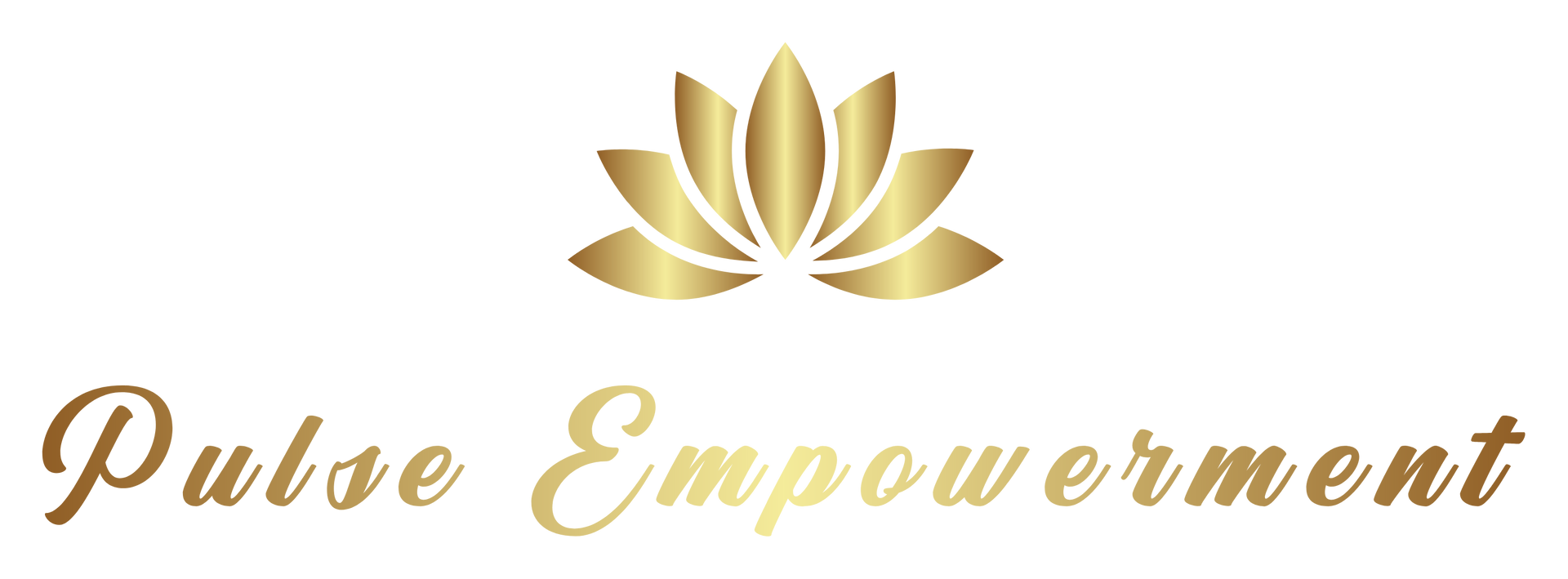The Myth of Multitasking: Why It’s Not a Skill You Need to Develop

In today’s fast-paced world, the idea of multitasking often seems like a desirable skill to possess. Many view it as a way to juggle multiple tasks simultaneously and increase productivity. However, a closer examination reveals that multitasking might not be the panacea it’s often touted to be. In this blog post, we will delve into the reasons why multitasking is not a skill you need to develop, and why focusing on other aspects of leadership can lead to greater success.
- Reduced Focus and Quality:
Multitasking, instead of enhancing productivity, can actually reduce the quality of your work. Switching between tasks constantly can hinder your ability to concentrate fully on any one task, leading to mistakes, oversights, and subpar results. True leadership requires attention to detail and a commitment to producing high-quality outcomes. - Impaired Decision-Making:
Effective leaders are known for making well-informed decisions. Multitasking, however, divides your cognitive resources, making it harder to evaluate situations critically and arrive at sound judgments. By honing your ability to focus on one task at a time, you’ll be better equipped to make thoughtful decisions that drive your team forward. - Increased Stress and Burnout:
The constant juggling of tasks associated with multitasking can lead to increased stress and burnout. As a leader, your well-being directly impacts your team’s morale and overall performance. Prioritizing self-care and a balanced approach to work can create a more positive and productive work environment. - Inefficient Time Management:
Ironically, multitasking can lead to inefficient time management. Rapidly switching between tasks consumes time as your brain adjusts to each new activity. Embracing effective time management techniques, such as prioritization and delegation, allows you to allocate your energy where it matters most. - Missed Opportunities for Creativity:
Creativity and innovation are crucial components of effective leadership. Multitasking, with its focus on completing tasks quickly, can stifle the creative process. By dedicating focused time to brainstorming, problem-solving, and idea generation, you can foster an environment of innovation within your team.
In the pursuit of effective leadership, it’s essential to recognize that multitasking is not a skill you need to develop. Instead, cultivating the ability to focus, make informed decisions, manage your time efficiently, and nurture creativity will serve you far better. By setting an example of deliberate and thoughtful work, you’ll inspire your team to adopt similar practices and achieve higher levels of success.



